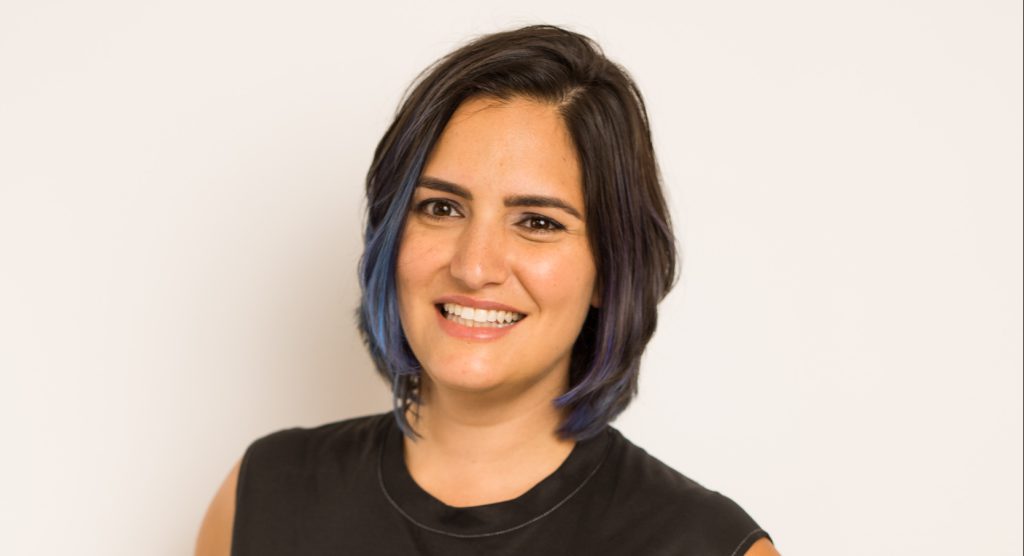BrandVoice
Liron Azrielant
Title: Founder and Managing Partner at Meron Capital
Past positions: Merger & Acquisition Advisory at PwC in New York; Consultant at Bain & Company in Atlanta; and Principal at Blumberg Capital in Tel Aviv and San Francisco
Portfolio companies: Mesh Payments, Testim, Immunai
From her first days in the venture capital industry, Azrielant knew that she would eventually make it as a Partner at a fund. In 2015, she started out as a principal at Blumberg Capital. Less than two years later, she was approached by a prominent investor and was asked to build and manage a fund as the investor. She since raised another firm, with a varied base of investors, privates, corporates and institutions alike.
“My partner and I created a new venture capital firm from scratch, without a well-known brand or existing track record to rely on. At the time, the supply of capital to the industry was high, and as a result, it was difficult to compete over quality deals. In fact, it has only gotten harder since” explains Azrielant. “To further complicate things, this investor was a citizen of the United Arab Emirates, and this was back in 2016, four years before the Abraham Accords were signed.”
“I couldn’t expose our investor’s identity to potential investments, making it even more difficult to win over entrepreneurs’ trust. It was clear that this was going to be a difficult task, and I deliberated before agreeing to take it on. At that same time, I had also been approached by a strategic fund interested in adding me as a junior partner. This would have been a much safer and more conservative decision to make in my efforts to progress in my career, and probably a much easier path to follow.”
“In the end, what helped me decide to form Meron Capital was that I’d always dreamt of being an entrepreneur and creating my own business. I formed my own venture capital fund, which included building the brand and hiring the team. I think that only after Meron was up and running did I realize how amazingly difficult it had been to build a business from scratch and make a name for ourselves in the venture capital industry.”
Diversity in the Industry
Azrielant founded Meron Capital when she was 30 years old, together with her partner Daniel Roditi, with whom she’d worked at Blumberg Capital. Meron Capital currently manages over $100 million, and has invested in 22 companies, five of which have already had exits, and two others have achieved unicorn status.
Azrielant talked about the need to make the venture capital industry more varied, saying, “I think in general, it’s much easier for people to invest in people who resemble themselves, simply because it’s easier to recognize excellence in someone similar to you. So, when you have a team composed of a wide variety of individuals, the fund can invest in a much larger range of people. This is true not only concerning gender and ethnicity but also to an individual’s professional background.” Azrielant explains.
“For example, I grew up in Israel, served in the IDF in Talpiot, and then in 8200 (exclusive intelligence unit). Afterward, I completed a double master’s degree at MIT in computer science and business. It’s a lot easier for me to identify entrepreneurs who come from similar backgrounds and with a distinct technological advantage, whether they are women or men”.
“If I hadn’t joined forces with my partner Daniel, who grew up in Geneva and who has spent most of his career in sales, entrepreneurship and finance, I easily would have missed out on a whole slew of talented entrepreneurs who have tremendous experience in the fields of marketing, operations and strategy, but who don’t have a technology background”.
“In order to enter the venture capital industry, you first need to understand that it is a very unique form of business, in that there isn’t just one door to enter from, or specific training that you can get to become proficient in this field. It’s not like there is a university degree or specialization that you can do to prepare yourself for working in venture capital, and degrees in economics or finance are only partially relevant. In my opinion, the best way someone can become a good investor is to work with other successful investors and watch what they do”.
As a result, I recommend that anyone trying to get their foot in the door should first think about who they would want to work with and who they want to learn from.”
BrandVoice is Forbes’s Marketing content brand





